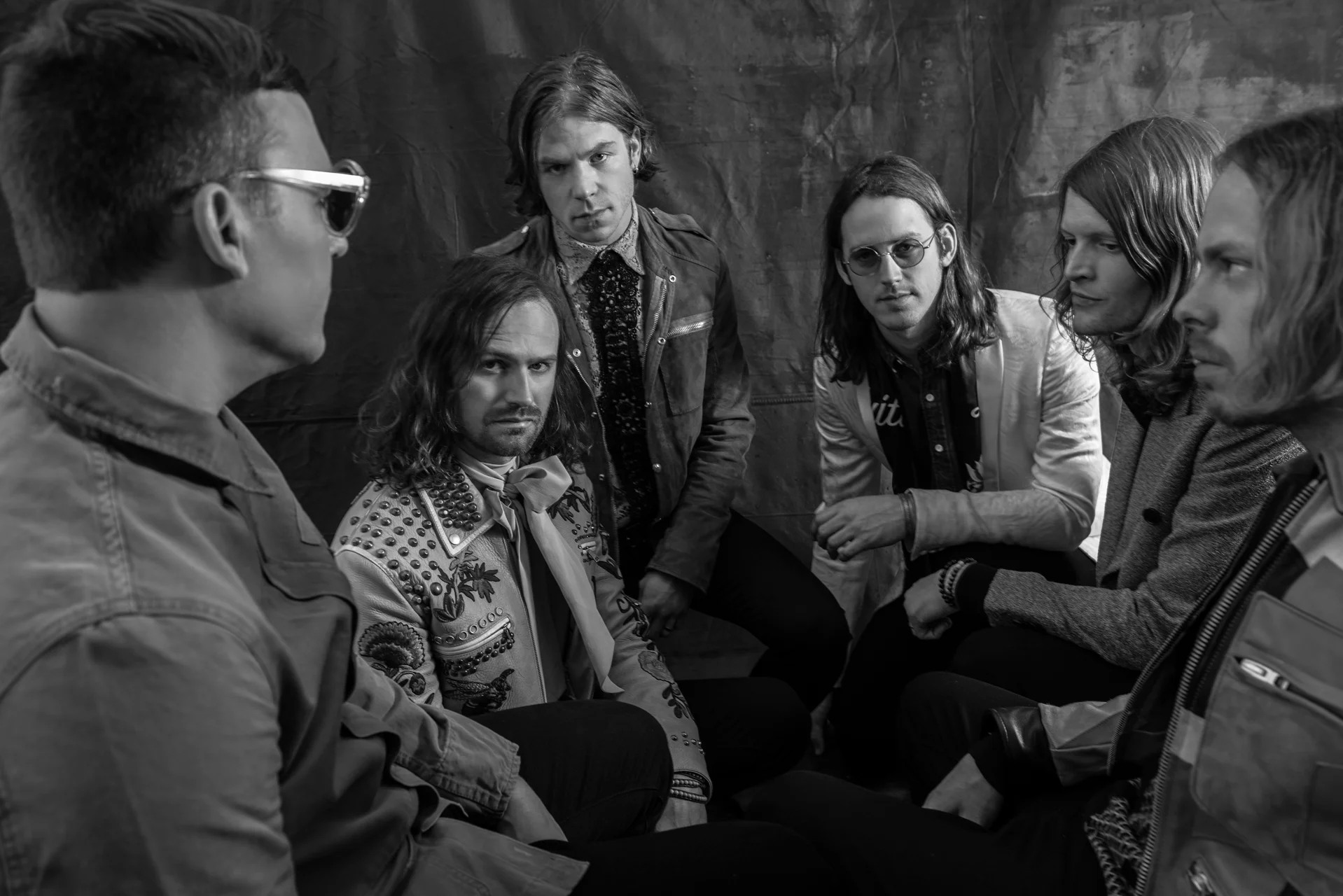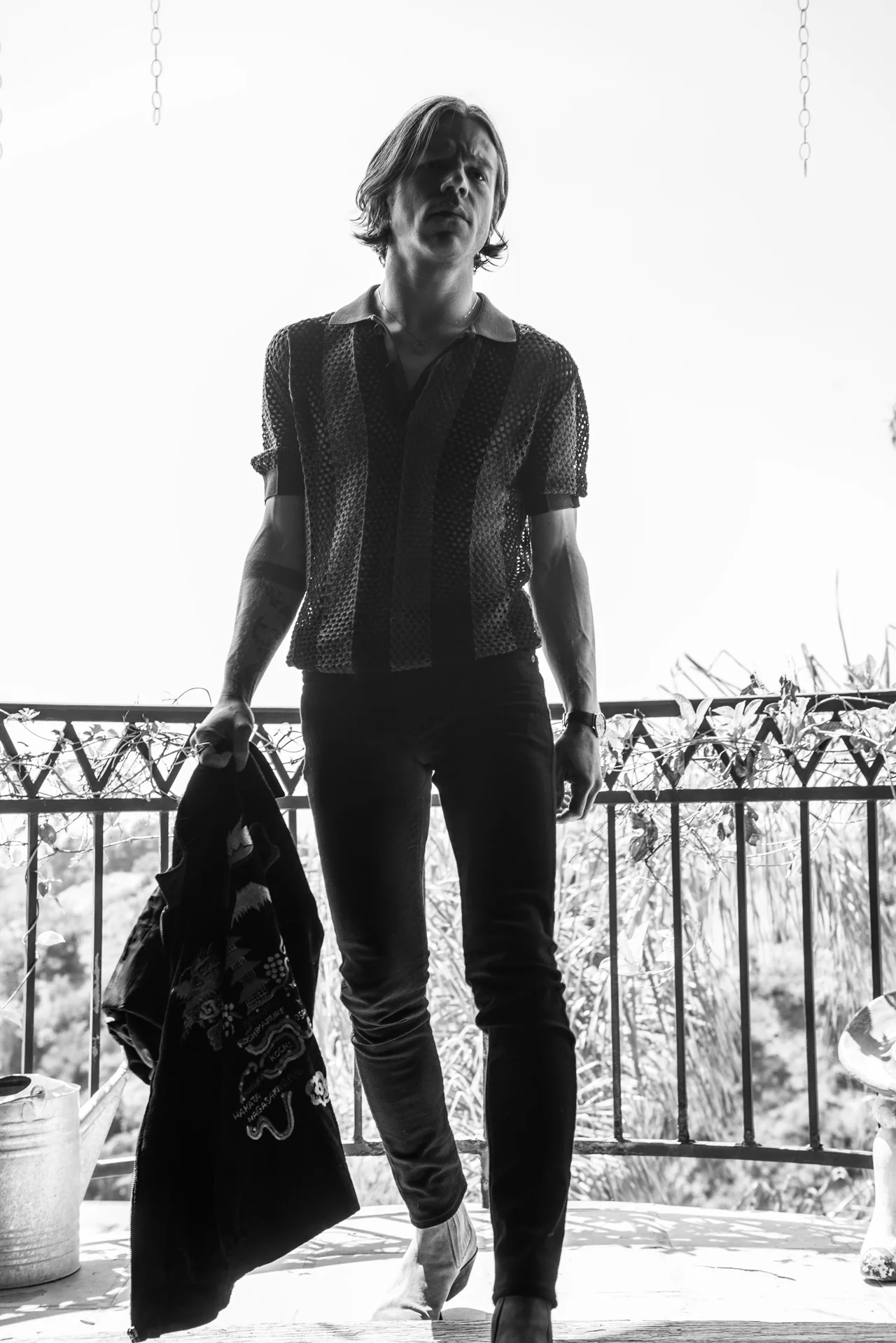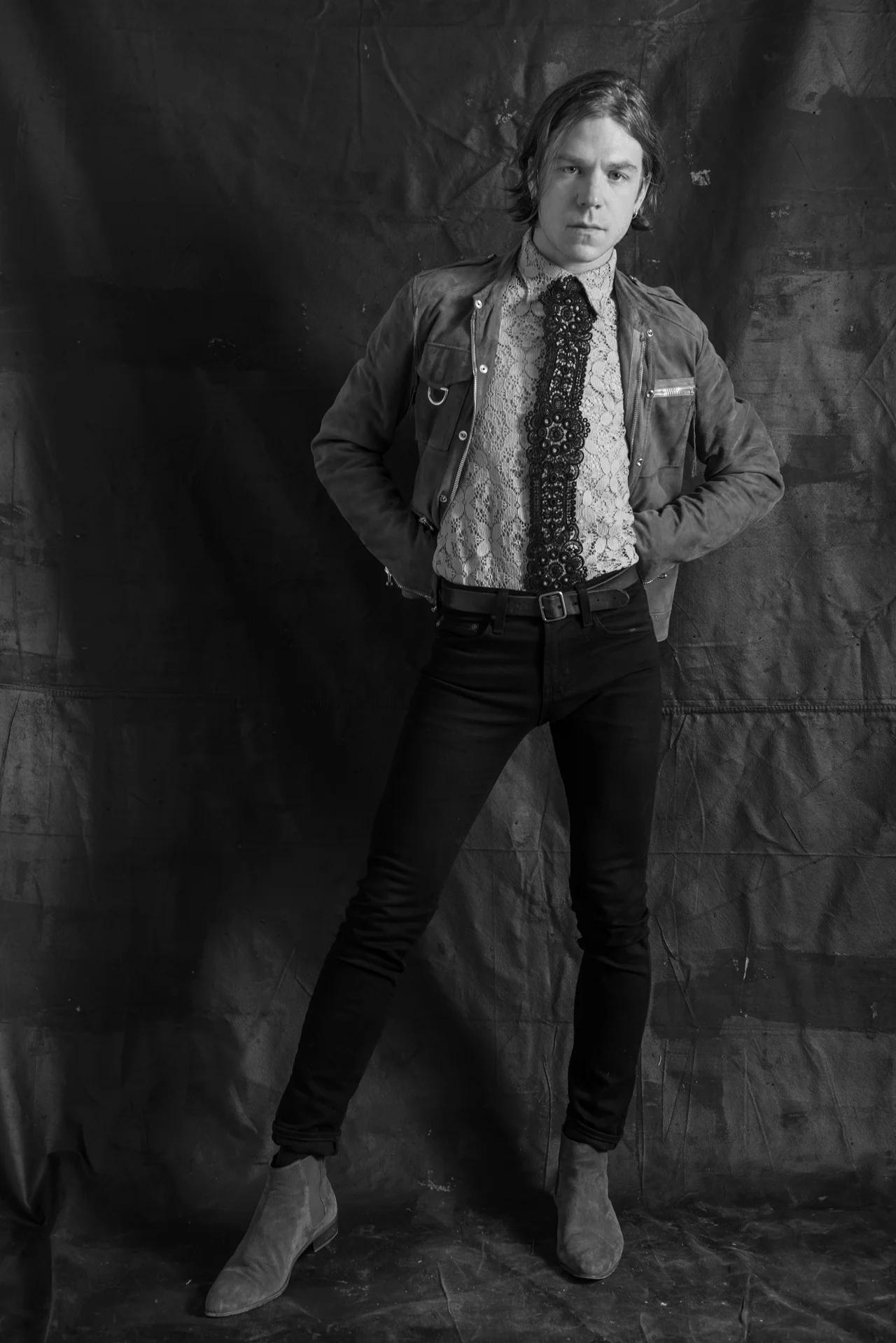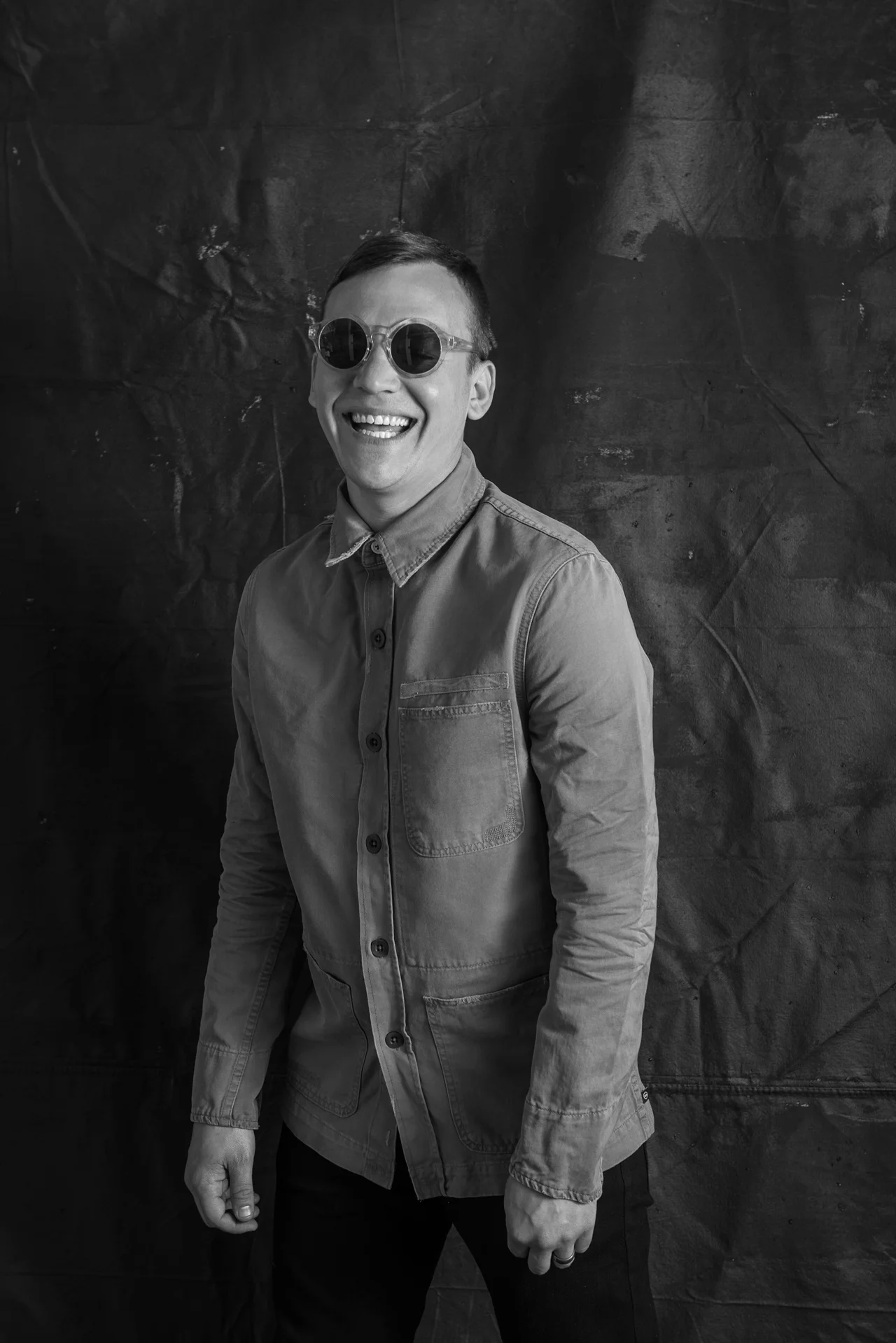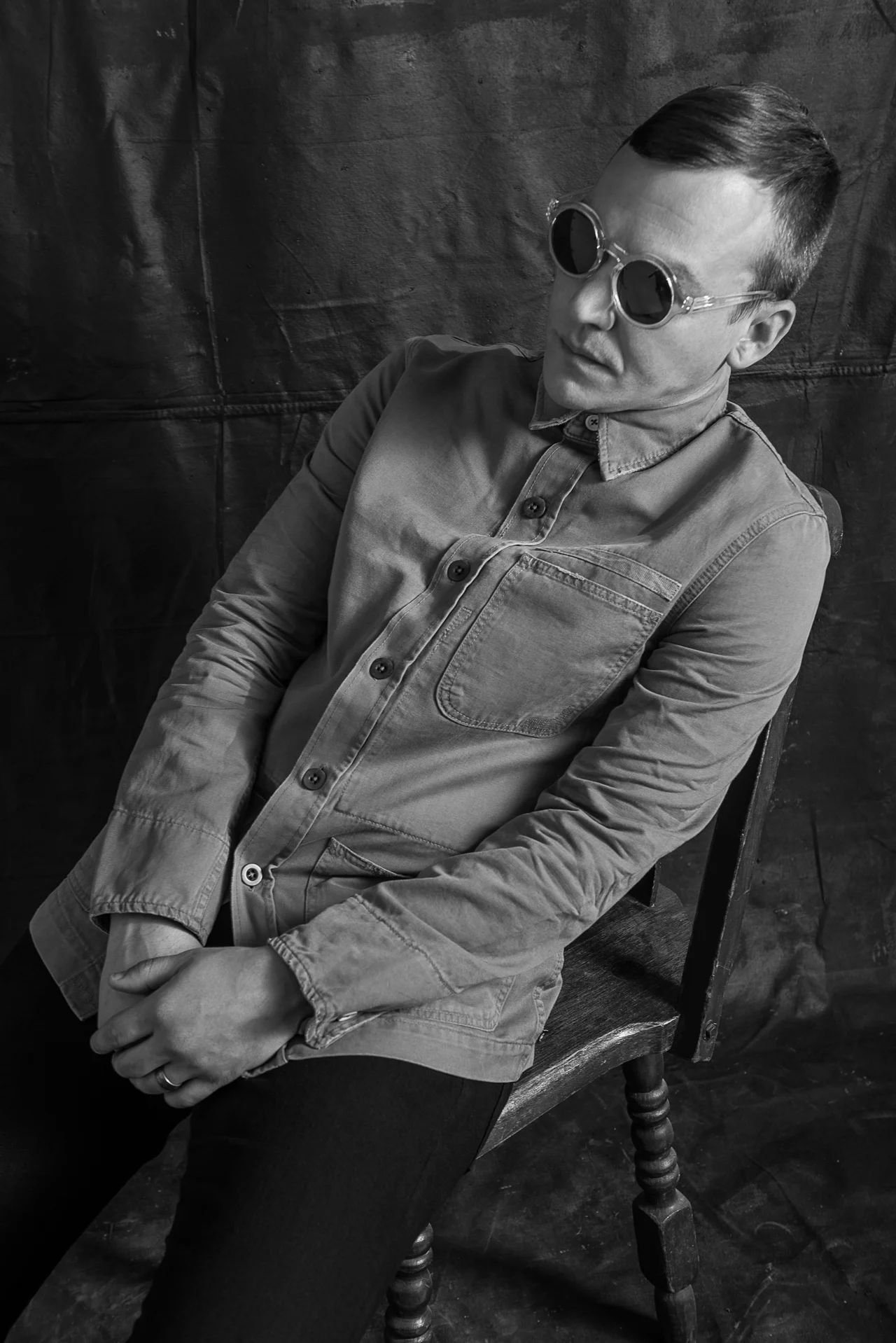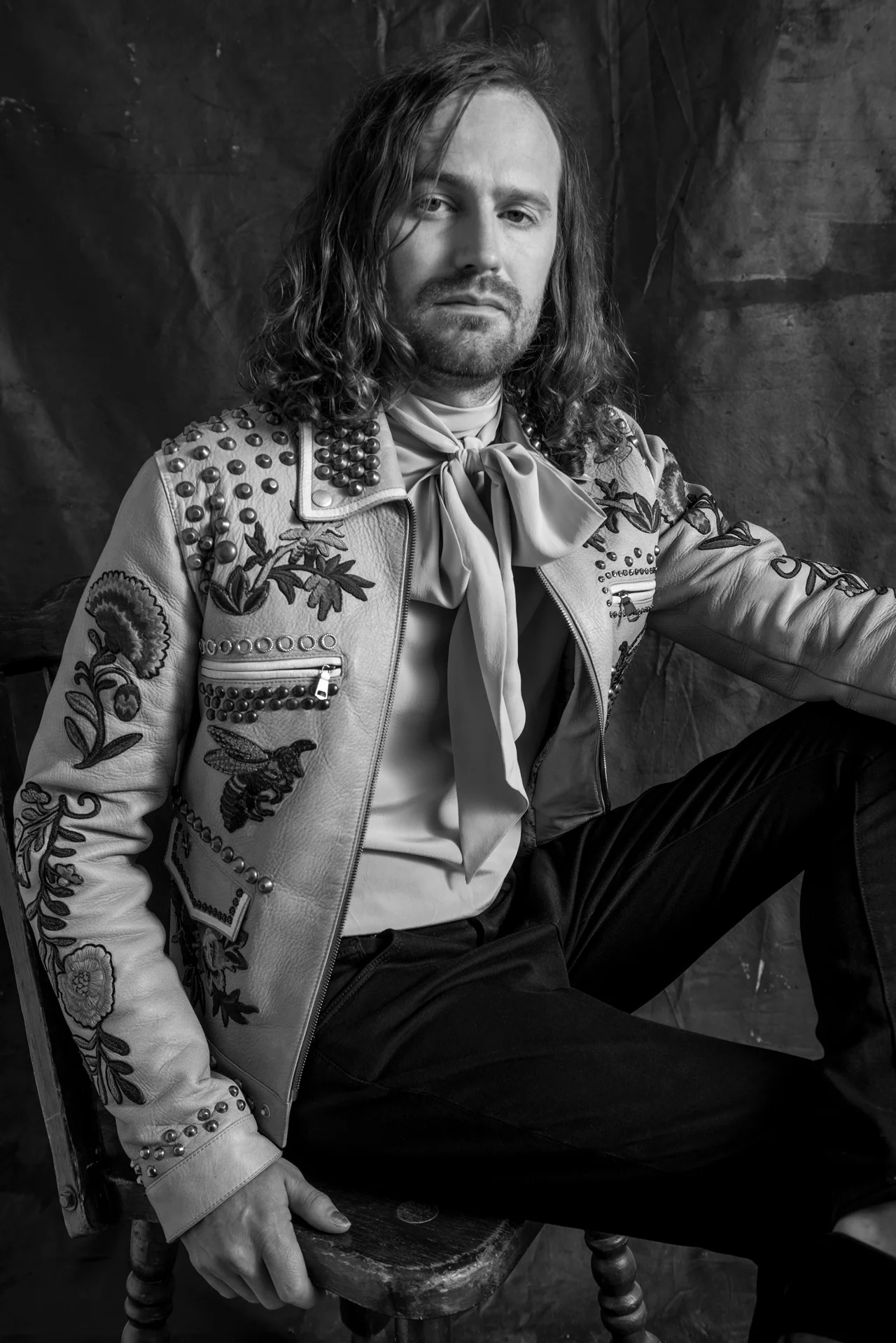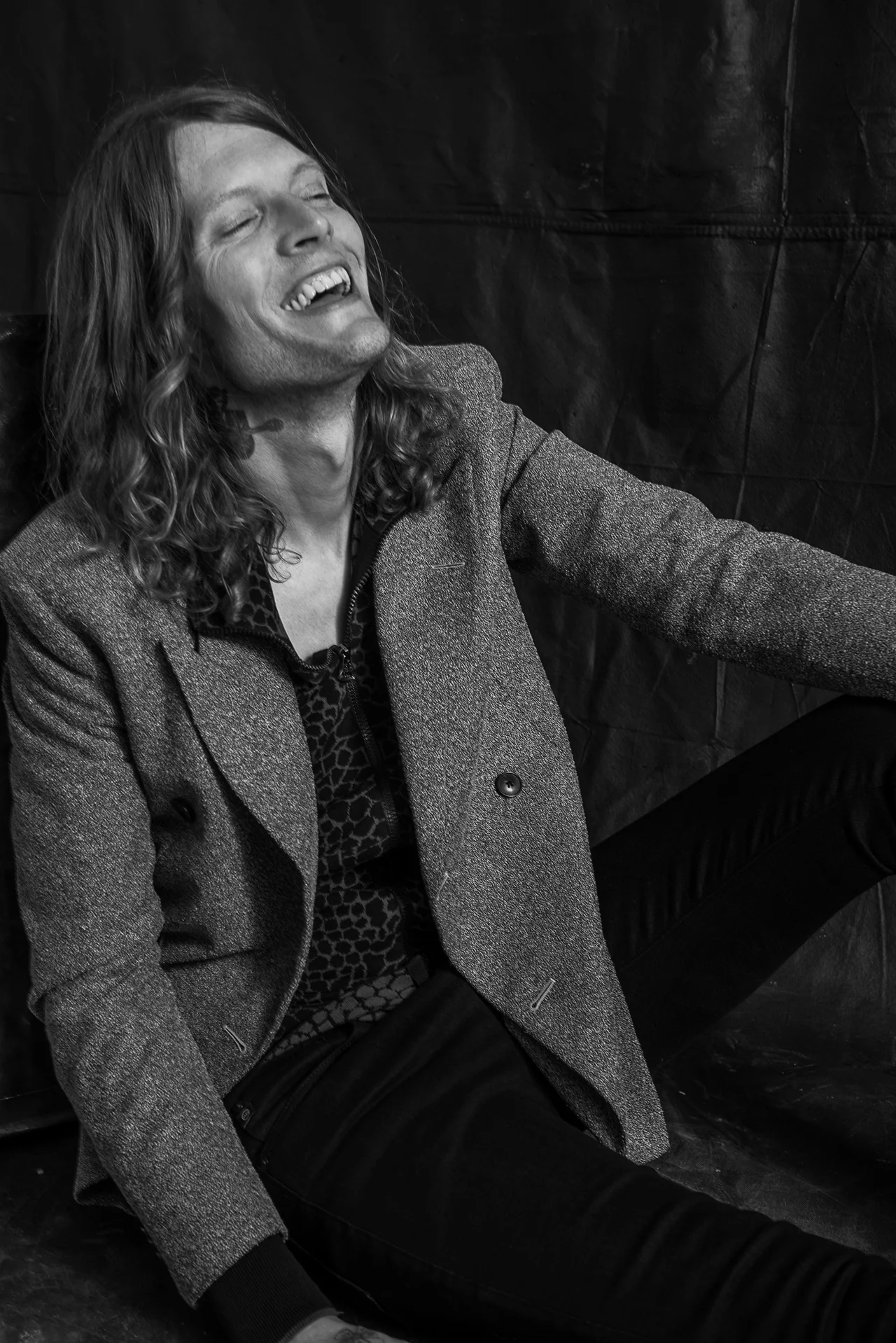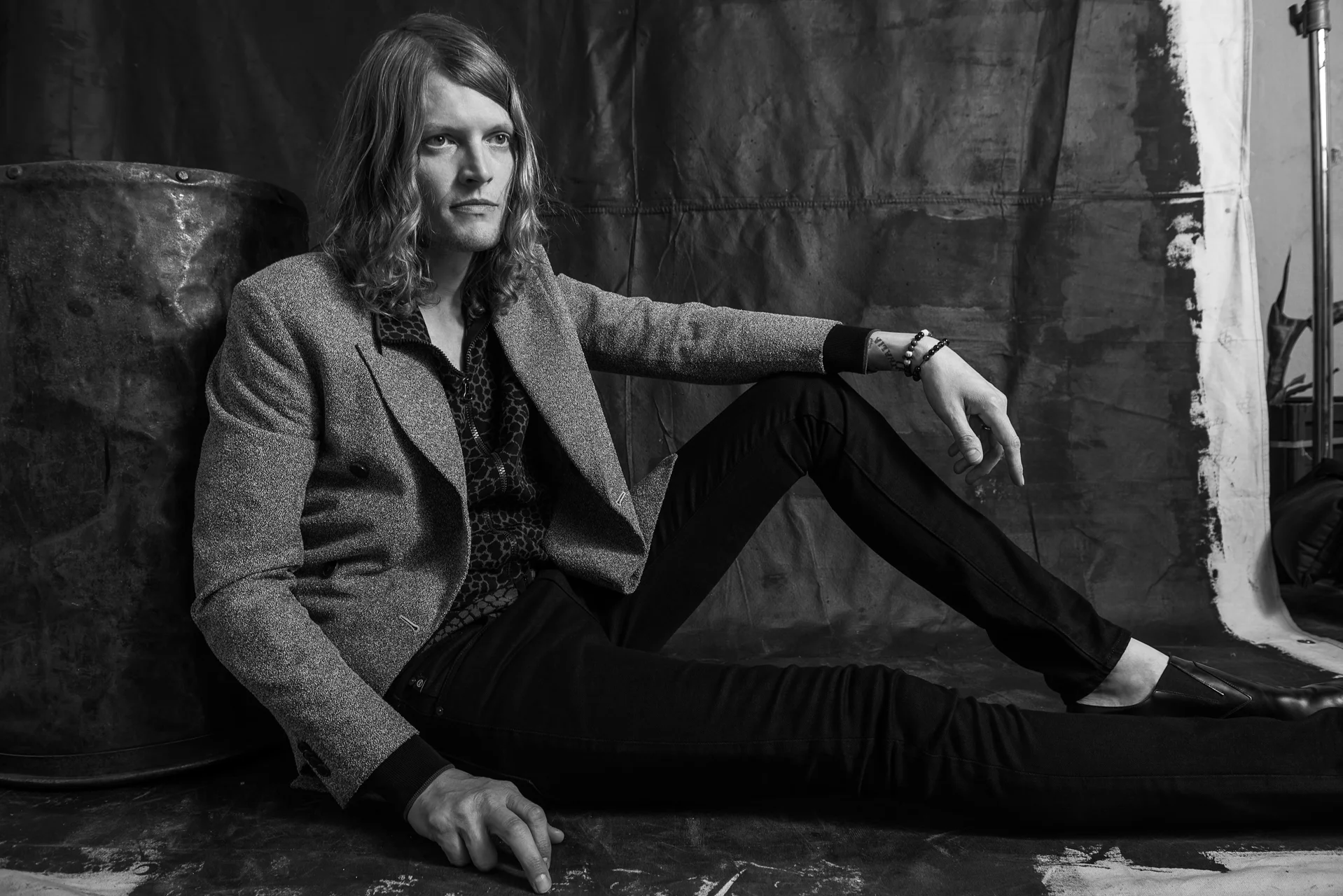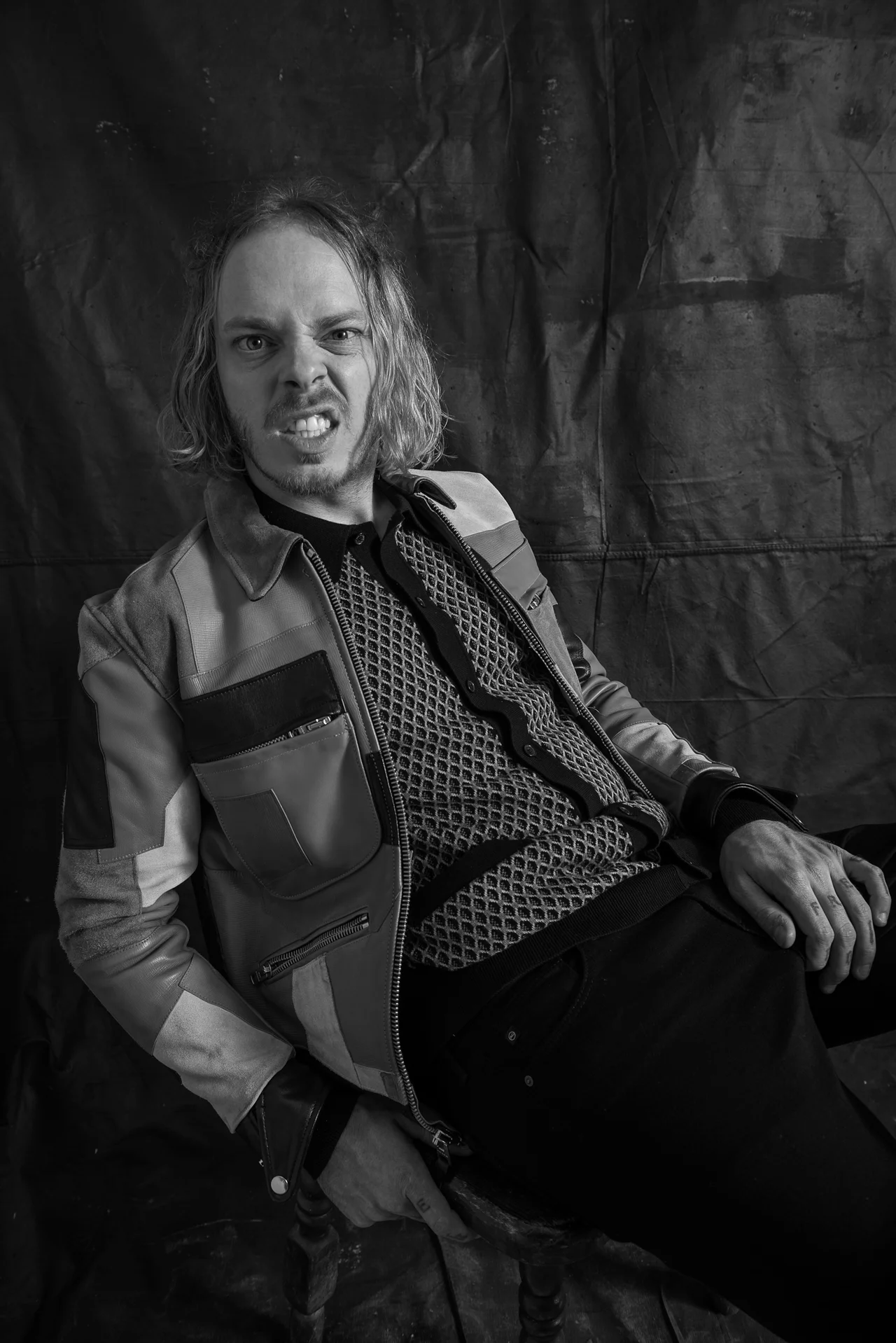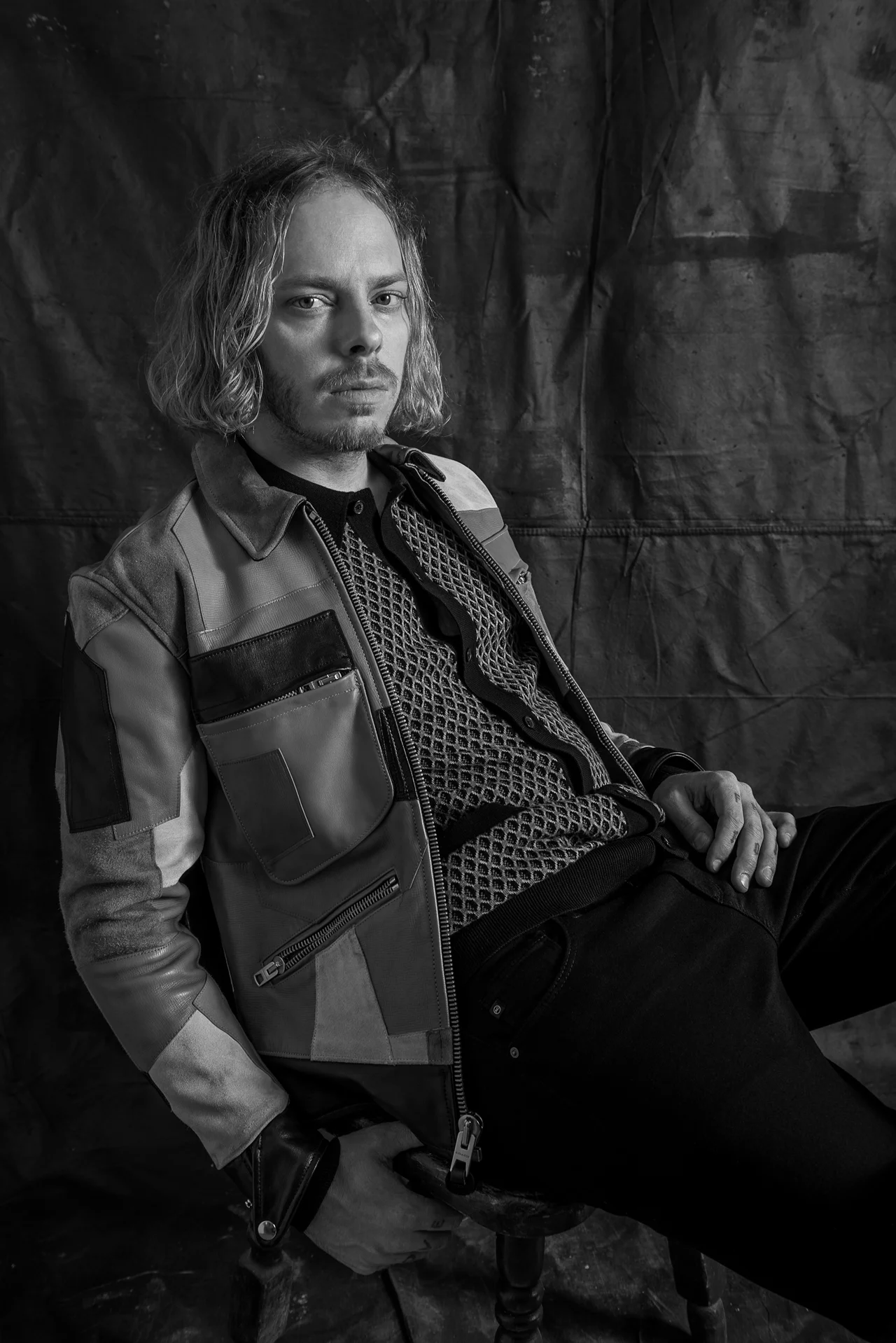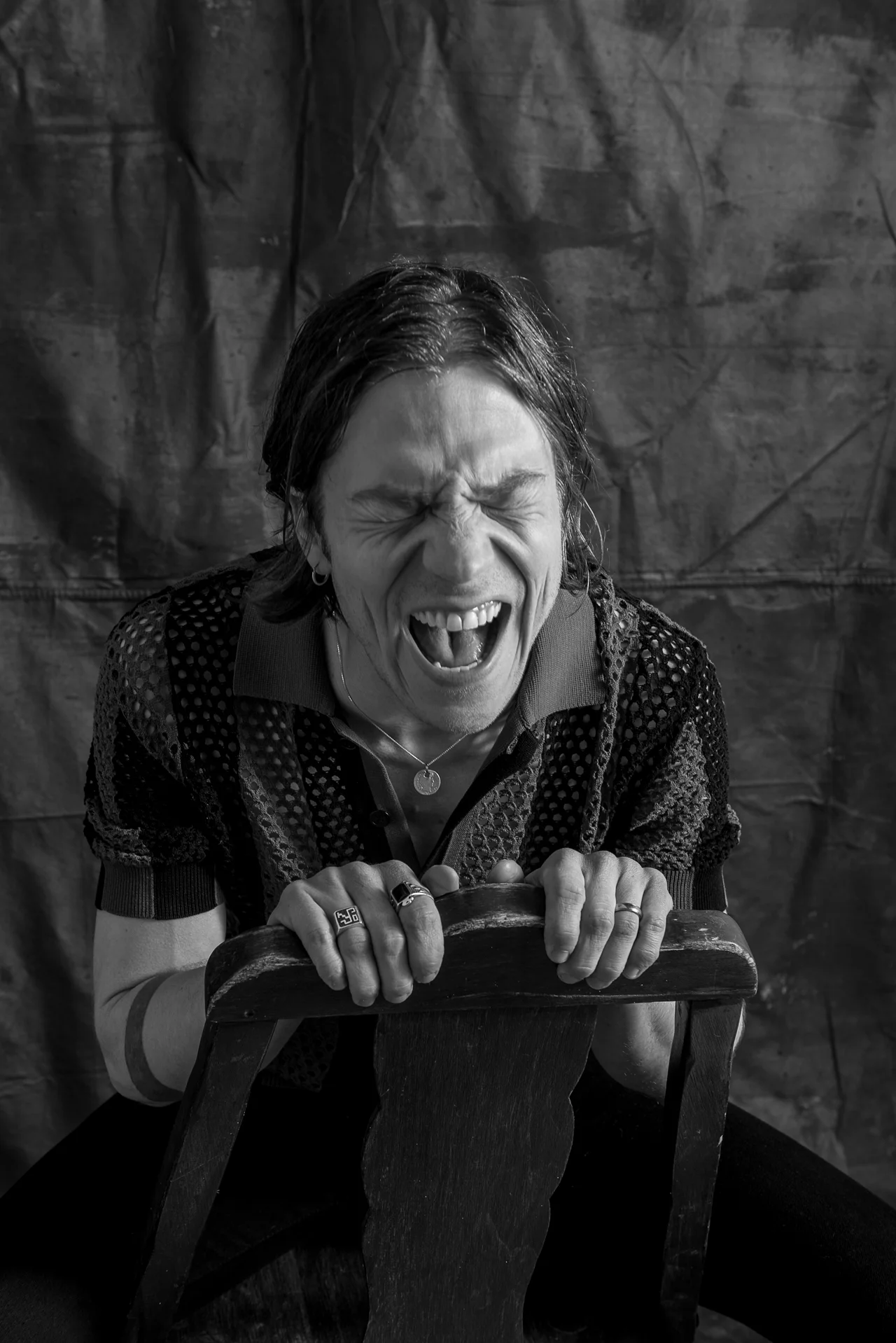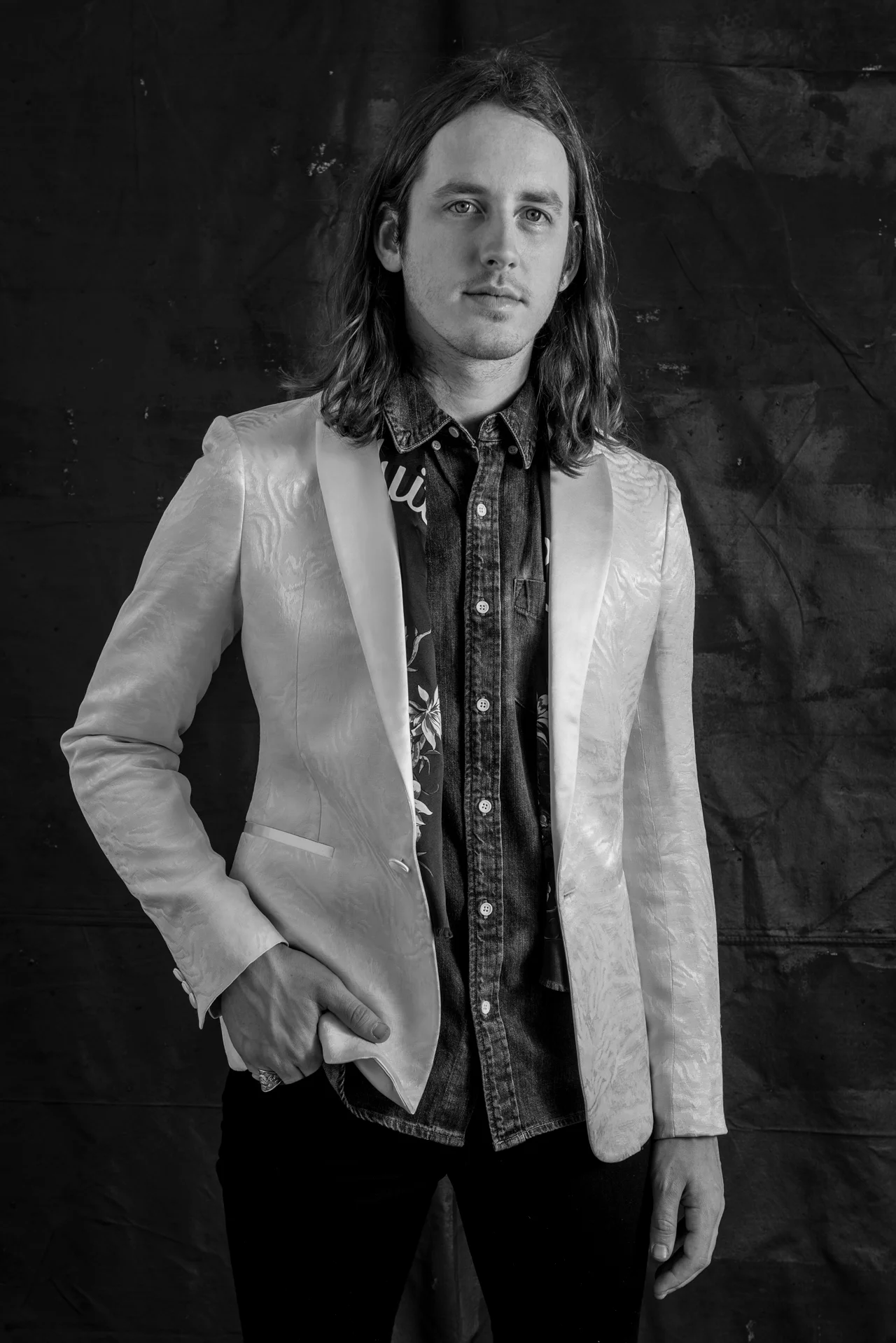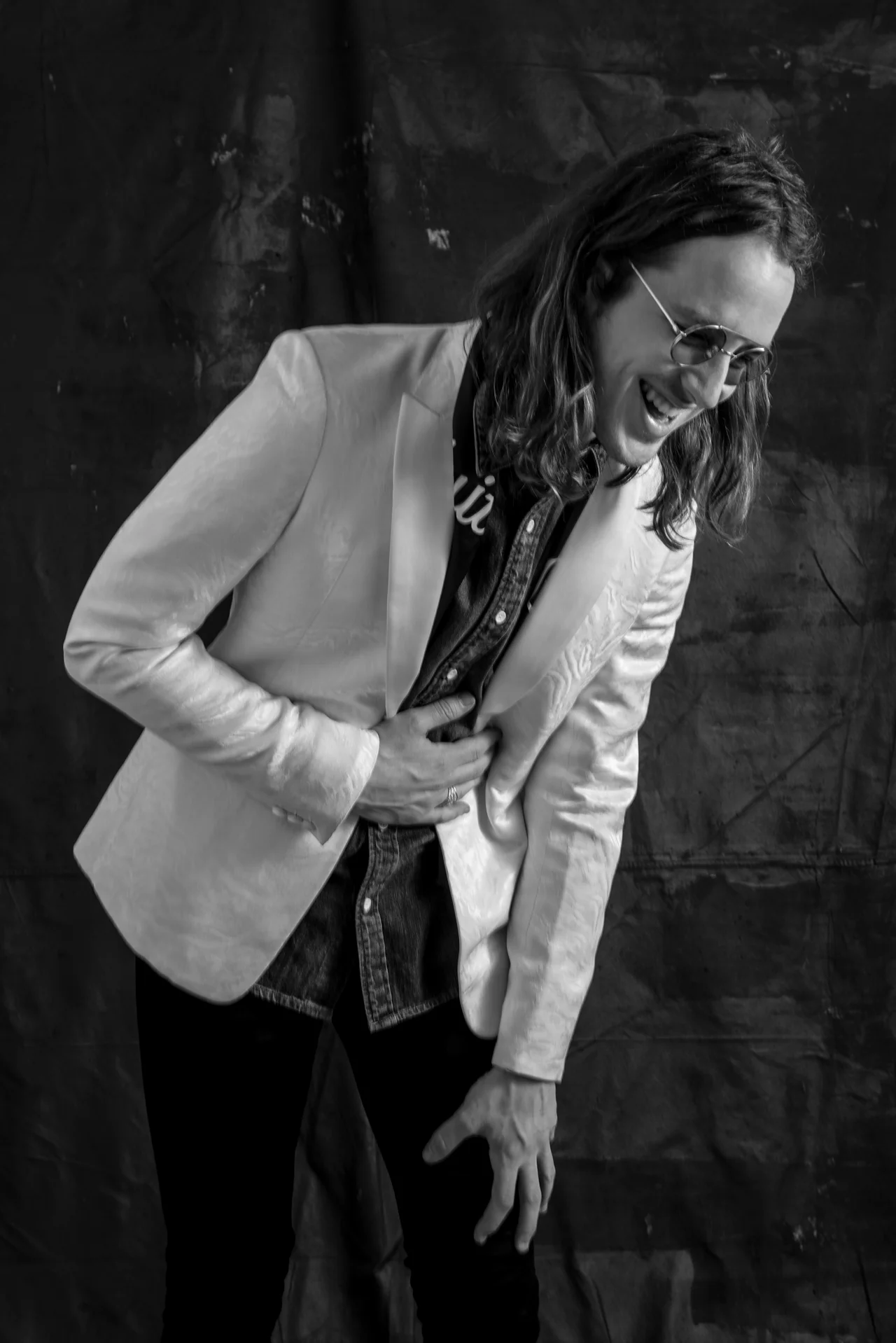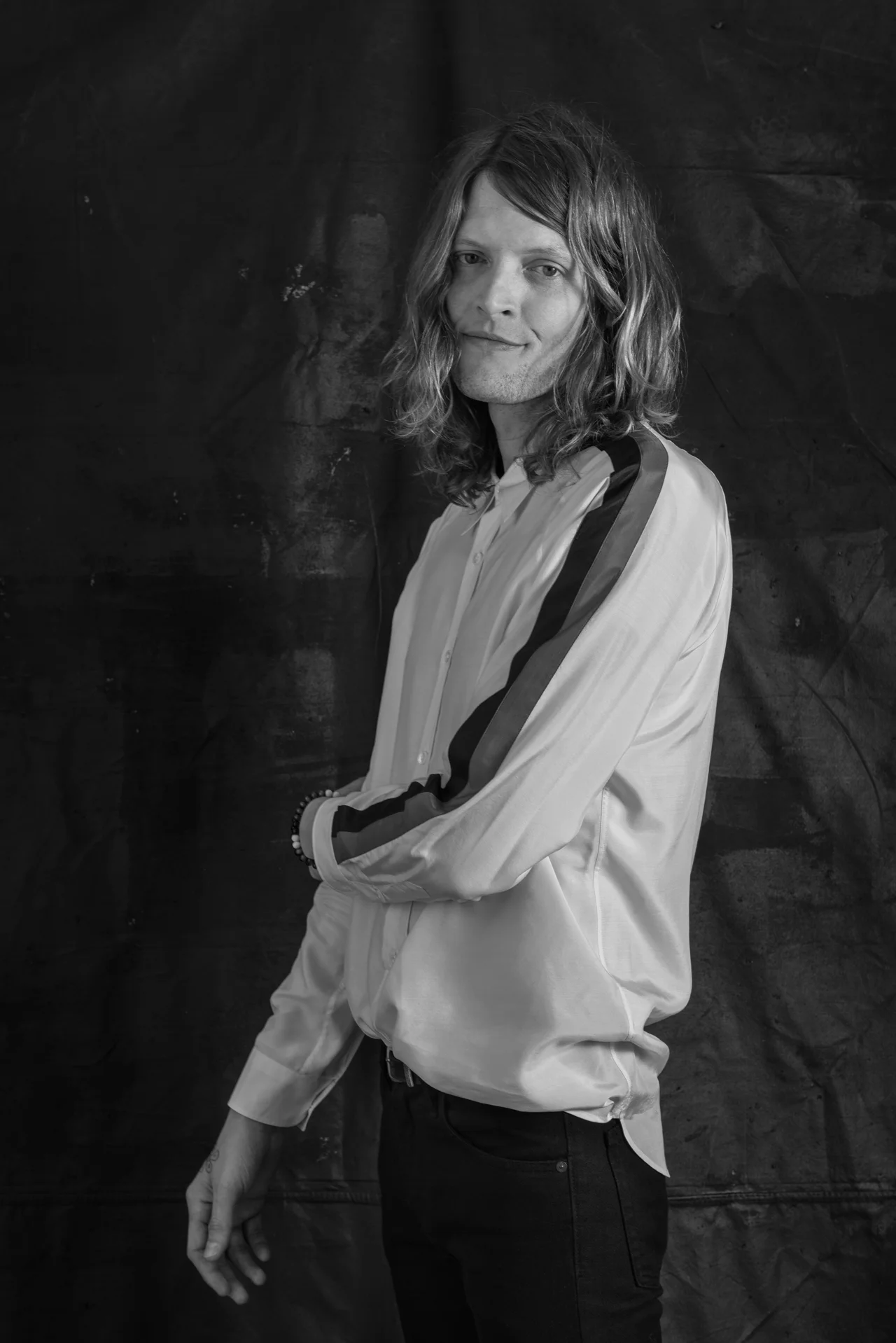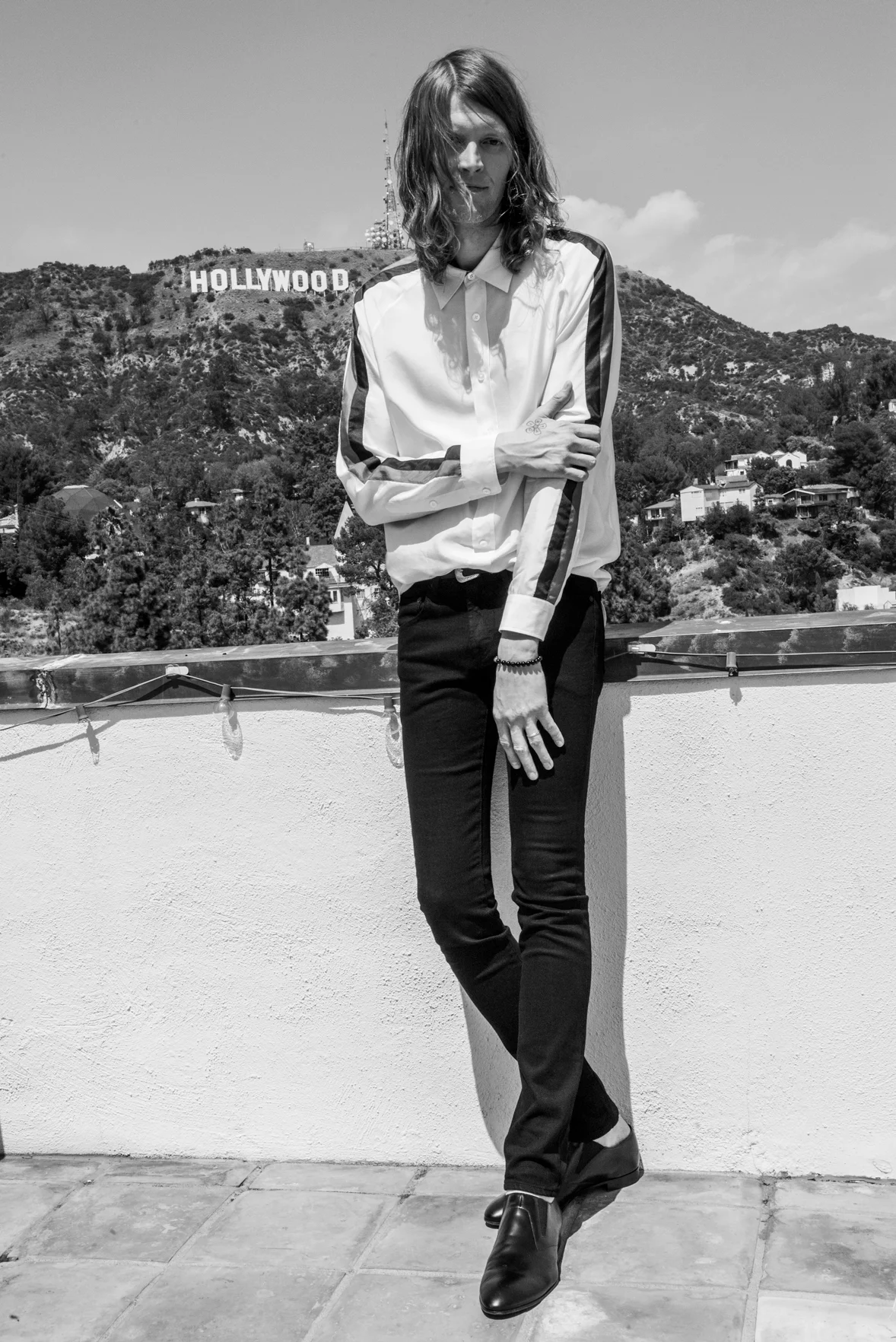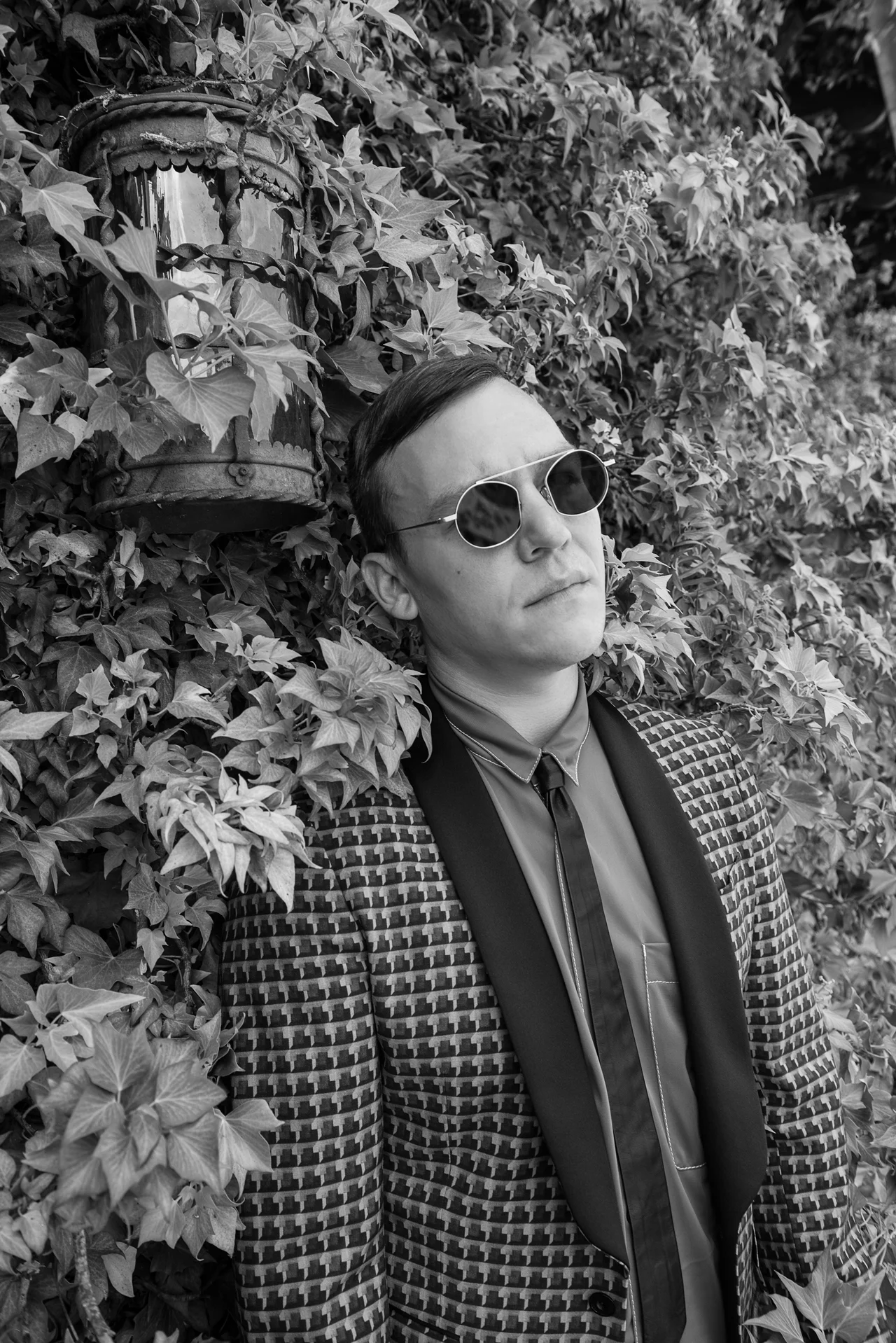Cage the Elephant consists of the vocalist Matt Shultz, his brother, guitarist Brad Shultz, bassist Daniel Tichenor, and drummer Jared Champion, accompanying them on tours is keyboardist/guitarist Matthan Minster and guitarist Nick Bockrath. Right now they are ripping. Tearing through a set for no one. They play through mainstay “Punchin’ Bag” (from their most recent release Tell Me I’m Pretty) at least three times. And it feels good. The bass and drums are a pyroclastic flow of deep noise. I imagine the guitars’ sounds rippling towards me like ribbons of supergraphic rainbow. Amidst all this Matt Shultz’s voice is cutting through the wall of sound, slicing through the room with a sharp, effortless, wailing drawl. Five hours later the band does the same for about 250 people packed into the bar. At the pinnacle of this latter show Matt Shultz will jump atop and kick through rapper Big Sean’s table of bottles—emptying the furniture of its contents. This is a good time. This is their narrative. I speak to Brad and Matt via phone a few days later.
The theme of this issue is Good Times. What does a good time mean to you?
BRAD SHULTZ: you definitely know you’re having a good time when you kind of get lost in the moment and time passes by very quickly.
What goes through your mind when you’re playing a show?
BS: For me, the best shows that we have, the most enjoyable shows, are the shows that I don’t really recall as much afterwards because you’re so enthralled and lost in the moment that you’re not thinking about your surroundings and there’s not a lot for your memory to kind of attach to. The best shows almost have a spiritual feeling to them.
MATT SHULTZ: It differs from show to show. The best shows you feel 100% instinctual [and] it almost feels like every little nuance is predestined. It feels like you’re stepping into something that was already happening rather than trying to make it happen. A lot of times you have this reality where you’re trying to convey this message or this thought or this feeling of exuberance or confidence. It’s kind of like when people watch a race, they want to see a car crash. Those moments where you’re falling apart, that’s the authenticity within what’s happening and so [you’re] trying to be comfortable within that, I think about that a lot.
You’re originally from Bowling Green, Kentucky. What’s a good time in Bowling Green?
MS: I haven’t been there for a long time but in the early days of the band there was this house called the tire House. It was a condemned fraternity house. We had this friend who lived there. He would throw these incredible house parties and that’s really how we started making records. We would write these songs and we’d play them at the party house for friends and the songs that stuck with people we would keep and the songs that didn’t resonate we would get rid of. Eventually we had enough and we made a record.
Do you think that there is a timeless or classic quality to your music?
BS: You know, I think that is our goal in songwriting, is to be timeless—to not embody any type of genre, but really have people connect because it’s more of a timeless kind of sound. I don’t know if we hit the mark all the time, but that’s the kind of common goal in our band.
MS: I think that we definitely strive to make music that can’t necessarily be tied down to a specific sound connected to a period of time, but I don’t know how well we’re achieving it. We definitely strive to make music that doesn’t 100% rely on trends.
Do you hope your music influences your listeners’ actions in some way?
MS: I always just think about potentiality and communicating something that’s honest and sincere. Because if it’s not sincere, it doesn’t feel worth saying.

